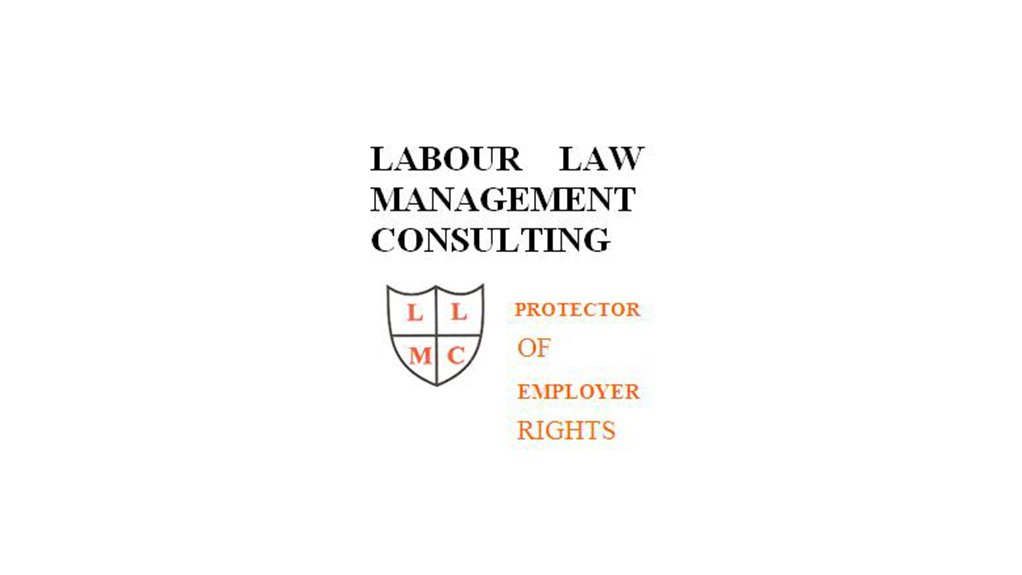When presiding over unfair retrenchment cases our courts have started to look much more closely than before at:
- the circumstances of each case and
- whether there could have been some way of saving jobs
- whether the employer tried hard enough to save jobs.
For example, in the case of FAWU vs SA Breweries Ltd (Contemporary Labour Law Vol 14 No. 2 September 2004) the employer retrenched employees after a major reorganisation in the way that work was done. This change required that production employees would need to be able to perform a much wider variety of work than previously. In order to establish whether these employees had the required skills to work in the changed jobs the employer applied, amongst others, the ‘ABET test’. That is, in the absence of other suitable educational qualifications, the employer tested the employees to assess their levels of at Adult Basic Education and Training (ABET). Certain employees who failed these tests were selected for retrenchment.
The Labour Court found that:
- Retrenchment has a “.. deleterious impact on the life of workers and their families …” and can be seen as a “death penalty”
- Therefore an employer contemplating retrenchments must be able to prove that such dismissals were implemented as “a last resort”
- And if there was a viable alternative to retrenchments the employer is obliged to implement it
- SAB acted unilaterally in applying the ABET levels
- These ABET levels were not a valid test of the retrenchees’ ability to work in the newly created jobs. This is because ABET measures more general abilities rather than the specific skills required for the specific jobs in question. The employees’ experience should also be taken into account in assessing their suitability for the jobs.
- SAB did not argue that it did not have the funds to devise a valid and appropriate test to assess the suitability of the employees for the newly created positions. The employer therefore could have and should have had such appropriate tests designed.
- The retrenchees had long service
- Due to apartheid the employees’ only schooling option had been “Bantu education”
- SAB had not taken adequate steps to assist the employees to obtain the desired ABET skills levels
- SAB had been inflexible as regards the consultation process.
- The retrenchments of these employees was unfair both procedurally and substantively (i.e. was for unfair reasons).
In the case of CWIU and Others vs Latex Surgical Products (Pty) Ltd (2006, 2 BLLR 142) the employer gave notice to the trade union that it proposed the possible retrenchment of 33 employees. After consultation the employer implemented retrenchments for reason of its financial circumstances. In deciding on which employees were to be retrenched the employer rated all the employees on six criteria and chose those whose ratings were the lowest. The employees who were retrenched lodged a dispute with the Labour Court which found that the retrenchments were fair. The union went to the Labour Appeal Court which found that:
- After the retrenchments the employer had hired a large number of casual workers. This persuaded the Court that there had not been a good reason to retrench the employees as there was clearly work for them to do.
- The employer had neither shown how it had applied the criteria for choosing who to retrench nor that it had applied these criteria objectively.
The retrenchments were therefore declared to be unfair and those employees who had not found other jobs were reinstated with 12 months back pay.
Employers need to learn form the above cases that:
- The law keeps changing and all employers need to keep up with these changes
- Retrenching employees and replacing them with others is unacceptable
- Employers must use retrenchment criteria that can be measured objectively and must be able to show that such objective measurements were in fact made and properly used
- Retrenching employees is becoming harder and harder
- The biggest, most powerful and most experienced of employers can lose in the Labour Court. Therefore, no effort must be spared in ensuring legal compliance
- The need to apply labour law expertise is not a luxury but a basic necessity
- Such expertise must be applied before a retrenchment decision is made.
To book for our 4 May 2007 seminar on NEW CHANGES AND DANGERS IN LABOUR LAW please phone Lee on (011) 787-5445 or 0824568247.
Written by Ivan lsraelstam, Chief Executive of Labour Law Management Consulting. He may be contacted on (011) 888-7944 or 0828522973 or on e-mail address: labourlaw@absamail.co.za.
EMAIL THIS ARTICLE SAVE THIS ARTICLE ARTICLE ENQUIRY
To subscribe email subscriptions@creamermedia.co.za or click here
To advertise email advertising@creamermedia.co.za or click here











